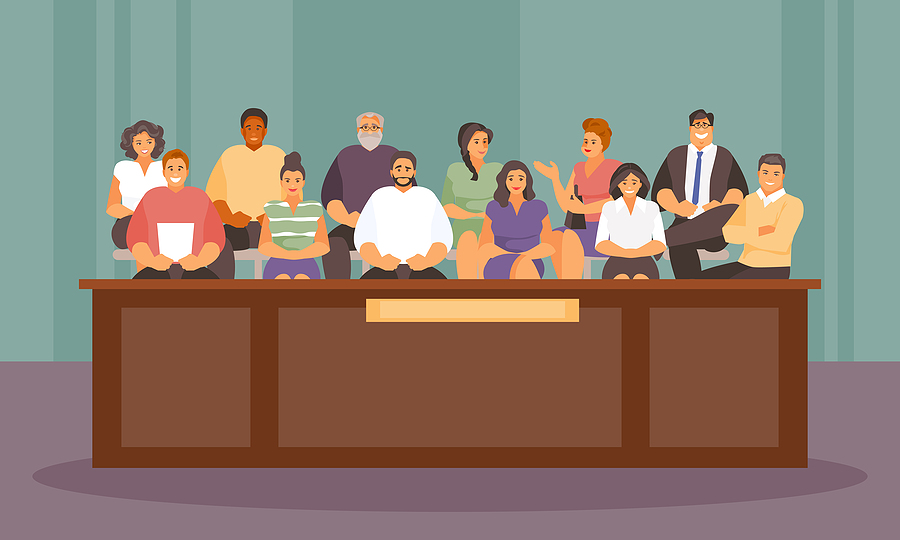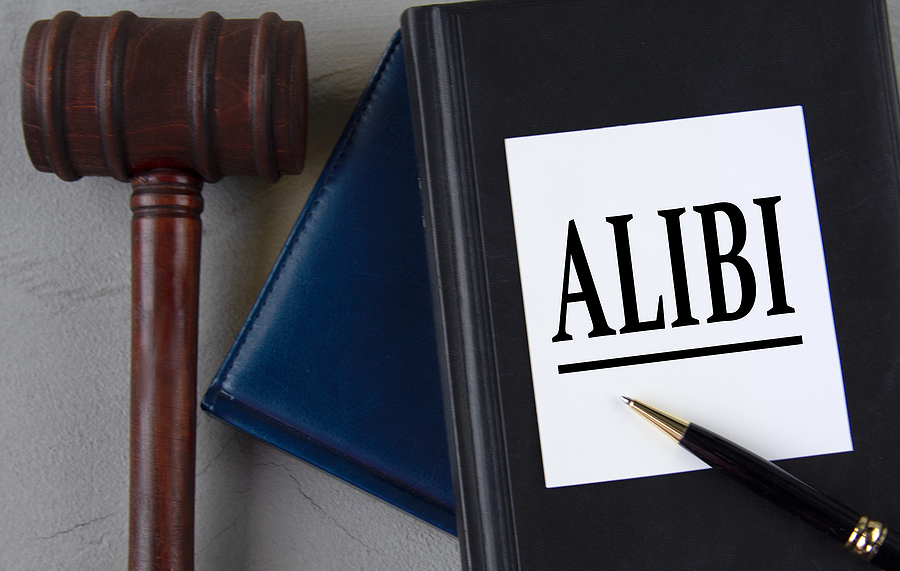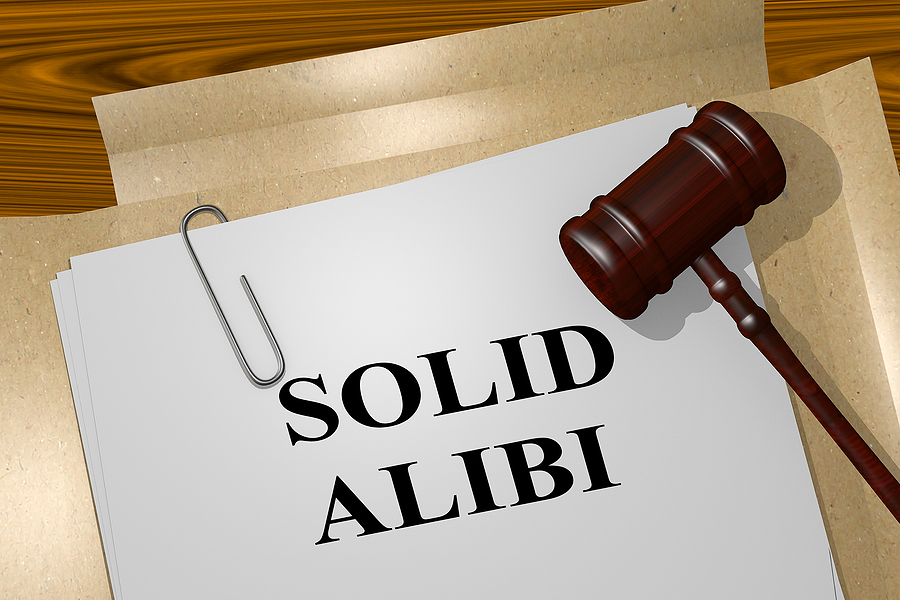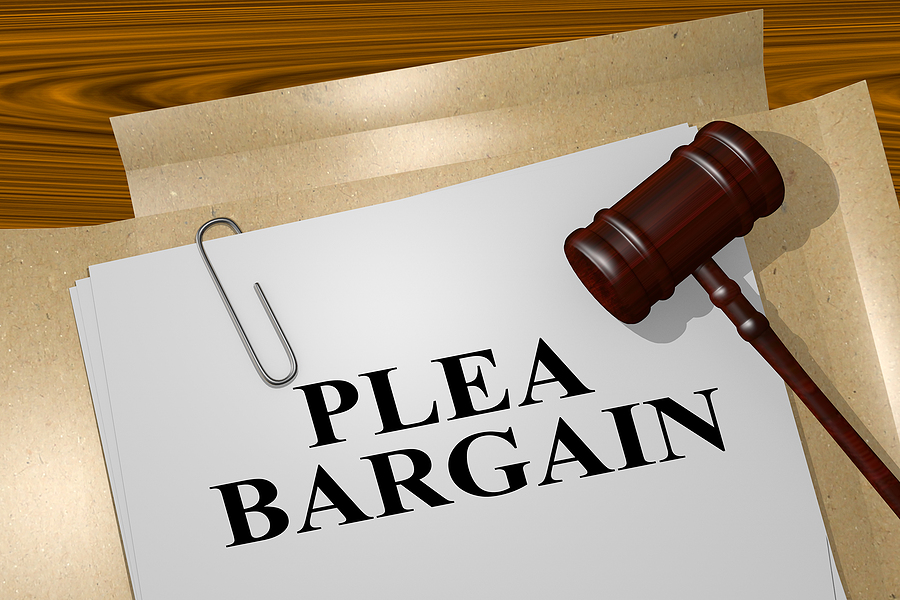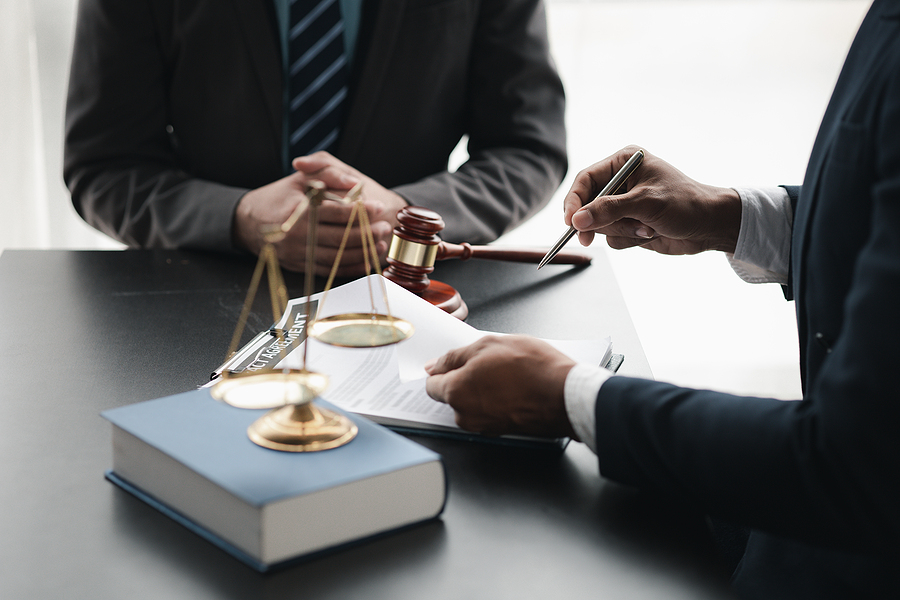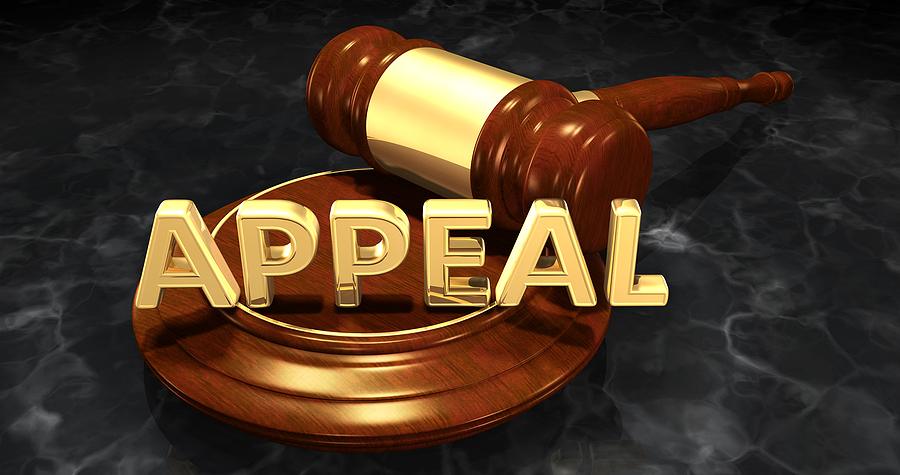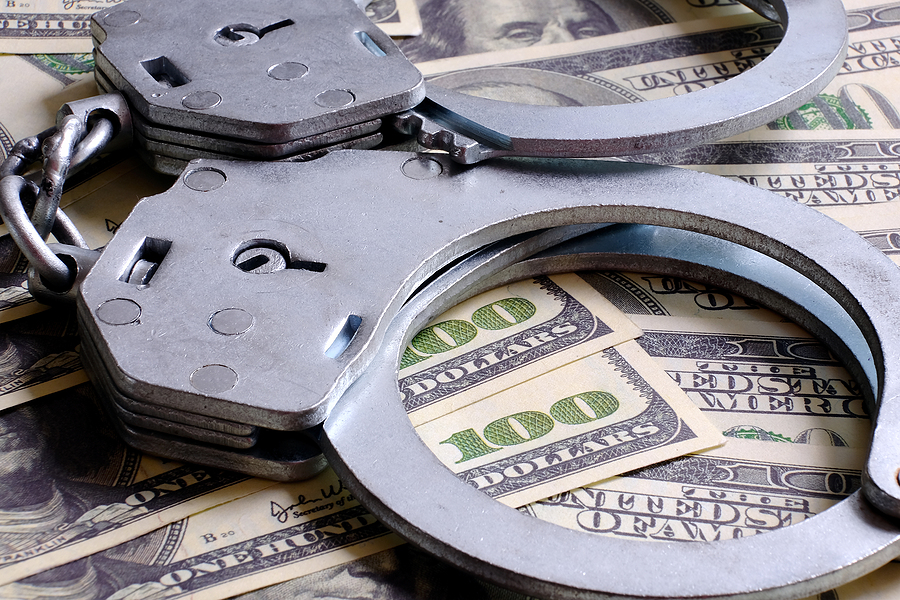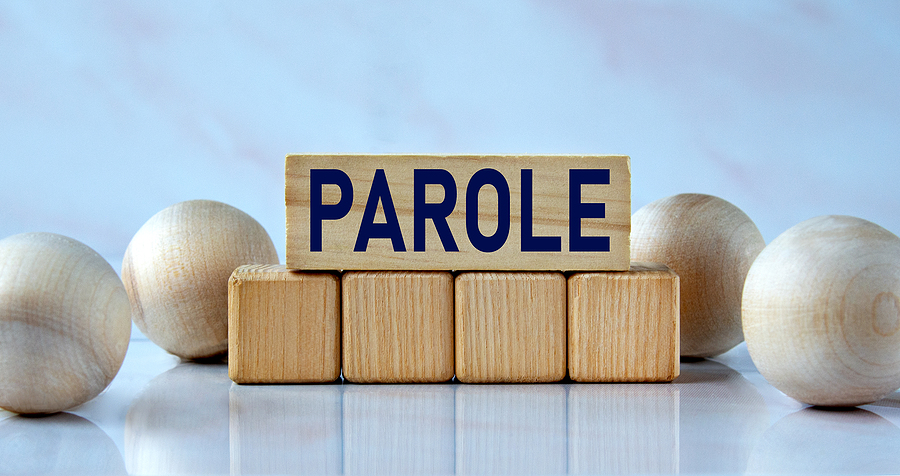When facing criminal charges, the decision to hire a criminal defense attorney can be a daunting one, not least because of the potential financial implications. Understanding how lawyer fees and retainers function is a crucial aspect of this decision-making process.
This blog post aims to demystify the costs associated with hiring a criminal defense attorney, breaking down the different components of their fees and how they may vary. By providing clarity on this complex issue, we hope to help you make more informed decisions during challenging times.
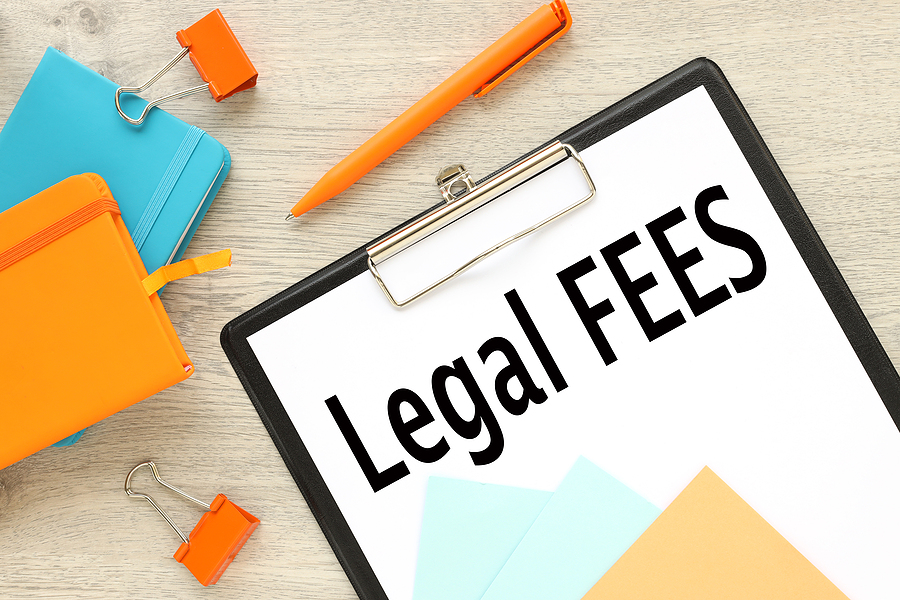
What are the Criminal Defense Lawyer Fees?
Before we dive into the specifics of criminal defense fees, it is essential to first understand what constitutes “lawyer fees.” These are the costs associated with the legal services provided by a lawyer. The exact nature and amount of these fees may differ depending on your case’s complexity, location, and other factors.
Generally, there are three types of lawyer fees:
Consultation Fees: These are the charges for the initial meeting with your criminal defense attorney, where they will assess your case’s details and provide guidance on next steps.
Hourly Rates: Most attorneys charge an hourly fee for their services, which means you will pay for each hour they spend working on your case. This rate can vary significantly depending on the attorney’s experience, reputation, and location.
Flat Fees: In some cases, a criminal defense attorney may provide their services for a flat fee. This means you will pay a fixed amount for the entire case, regardless of the number of hours they work on it.
It is crucial to discuss and agree upon lawyer fees before signing any contracts or agreements with your criminal defense attorney. This transparency is necessary to avoid any unexpected costs down the line and ensure that you are comfortable with the financial aspect of their services.
What is a Retainer?
In addition to lawyer fees, you may also encounter the term “retainer” when discussing hiring a criminal defense attorney. A retainer is an amount of money paid upfront to secure the lawyer’s services and cover any initial costs associated with your case. This amount can range from a few thousand dollars to tens of thousands, depending on your case’s complexity and the attorney’s rates.
A retainer is not a fee but rather a deposit against which the attorney will bill their hourly fees or flat rate as they work on your case. Any unused portion of the retainer will be returned to you, and you may be required to replenish it if your case requires more work than initially anticipated.
Understanding the Cost Breakdown
When discussing fees and retainers with a criminal defense lawyer, it is essential to understand that there are various expenses involved in handling your case. These can include:
Legal research: Attorneys must conduct thorough research to build a strong defense strategy for your case.
Document preparation: Your lawyer will need to prepare documents, such as motions and briefs, to present in court.
Court appearances: Depending on the nature of your case, your attorney may need to make multiple court appearances, which can incur additional costs.
Expert witness fees: In some cases, attorneys may need to hire expert witnesses to testify on your behalf, which can also add to the overall cost.
Administrative expenses: Lawyers may include administrative expenses such as photocopying and postage in their fees.
Conclusion
In conclusion, hiring a criminal defense attorney involves navigating various fees and retainers. By understanding the breakdown of these costs, you can better prepare for the financial implications of your case and avoid any unexpected expenses. Remember to always discuss and agree upon fees with your attorney before moving forward, and don’t be afraid to ask for clarification or negotiate if needed.
With a clear understanding of the financial aspect, you can focus on finding the right lawyer to defend you and your rights. So, always choose carefully and ensure that you have open communication with your attorney throughout the course of your case. This will not only help you make informed decisions but also build a strong working relationship with your legal representative.
Looking for criminal defense you can actually afford and be happy with? You found him. Contact Attorney David E. Lewis at 317-636-7514 to speak with a seasoned criminal defense lawyer in Indianapolis, Indiana. Our law firm will get you the best possible outcome to your probation violation!
Related Posts:
How Much Will it Cost to Hire a Defense Attorney?
Indiana Filing Fees and Costs for Criminal Cases
Facts About the Cost of Going to Jail

